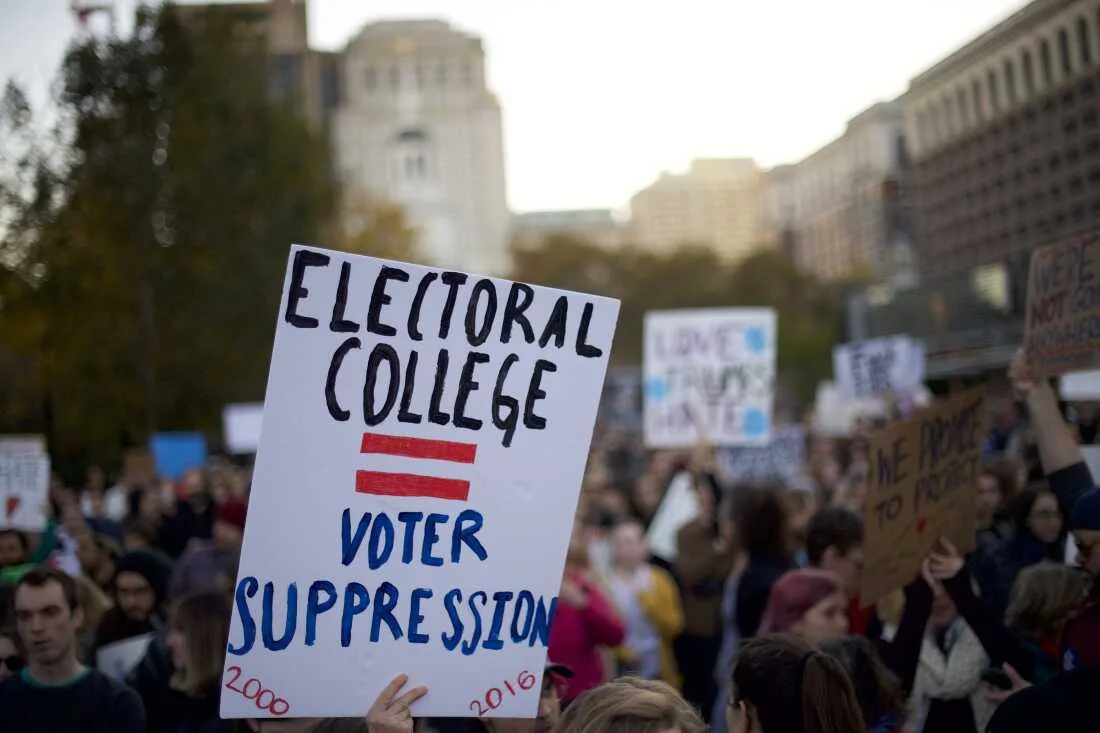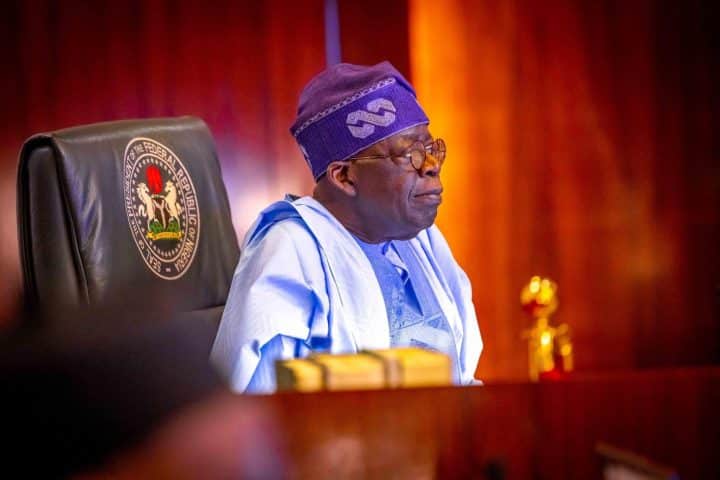The Electoral College: An Overview
Each U.S. presidential election raises questions about the Electoral College. While millions of citizens cast their ballots, the Electoral College ultimately determines the next president.
Join our WhatsApp ChannelEstablished in the late 18th century, the Electoral College system was designed as a compromise between direct democracy and congressional selection. However, it has remained controversial for its role in allowing a candidate to win without securing the popular vote.
History of the Electoral College
The origins of the Electoral College date back to the 1787 Constitutional Convention. Delegates were deeply divided on the best way to select the president. While some wanted a direct vote by the people, others favoured a congressional vote, fearing that the general public lacked sufficient political knowledge. The Electoral College was created as a compromise, allowing states to have a say in the election based on their population while keeping the decision indirectly influenced by the people.
A crucial issue at the time was balancing representation for states of various sizes. Larger states argued for influence proportional to their population, while smaller states worried about being overshadowed. This balance influenced the Electoral College’s structure, as it assigns electors based on each state’s number of senators and representatives. Thus, each state, regardless of size, has at least three electoral votes.
How the Electoral College Works
In today’s elections, each state holds a separate popular vote. The candidate who wins the popular vote in a state generally receives all of that state’s electoral votes, with the exception of Maine and Nebraska, which split theirs based on congressional districts. A candidate must secure at least 270 out of 538 total electoral votes to win the presidency.
READ ALSO: US Election: Harris Running Mate Calls For Removal Of Electoral College
Despite its longstanding use, the Electoral College has led to some contentious outcomes. It is possible for a candidate to win the nationwide popular vote but lose the election because they fell short of electoral votes. This happened in 2016, when Donald Trump won the presidency with more Electoral College votes despite Hillary Clinton receiving almost three million more popular votes.
Critics of the Electoral College
The Electoral College is not without its critics. Many Americans believe the system undermines democracy by allowing presidents to win without a popular vote majority. This concern grew after the 2000 and 2016 elections, both of which saw candidates winning the presidency despite losing the popular vote.
Advocates for change propose a national popular vote as a more democratic method. One alternative, the National Popular Vote Compact, suggests states could pledge their electoral votes to the winner of the national popular vote. Though this compact has gained support, it has not yet been implemented on a scale that could impact elections.
Minnesota Governor, Tim Walz, who serves as Kamala Harris’ running mate, recently addressed this issue, stating, “We need a popular vote.” His comments align with a common belief among Electoral College critics that the system does not reflect the people’s will.
Defenders of the Electoral College
Despite criticism, some argue the Electoral College is an essential part of the U.S. electoral framework. Supporters believe it ensures fair representation for less populous states, preventing larger states from dominating the election. Proponents contend the system encourages presidential candidates to campaign across the country, including smaller or less competitive states.
Historically, the it has balanced power across states and ensured that presidents reflect a broader coalition of voters. “At the end of the day, this is the system we’ve agreed to,” said Michael Thorning of the Bipartisan Policy Center, “and so we have to conduct our politics through it.”
Ongoing Debates and Possible Reforms
Though enshrined in the Constitution, the Electoral College can be amended or restructured. However, such changes face significant hurdles, requiring broad political consensus. Amendments to the Constitution require approval from two-thirds of both houses of Congress and ratification by three-fourths of the states.
In recent years, discussions on the future of it have intensified. Some argue that democracy today demands a more direct approach, while others maintain that the College protects state interests and keeps the U.S. political system balanced.
As the nation heads toward another presidential election, it remains a subject of debate, with advocates on both sides questioning its role in modern America. Whether it will endure or change, the system will continue shaping U.S. elections in the foreseeable future.
Emmanuel Ochayi is a journalist. He is a graduate of the University of Lagos, School of first choice and the nations pride. Emmanuel is keen on exploring writing angles in different areas, including Business, climate change, politics, Education, and others.
- Emmanuel Ochayihttps://www.primebusiness.africa/author/ochayi/
- Emmanuel Ochayihttps://www.primebusiness.africa/author/ochayi/
- Emmanuel Ochayihttps://www.primebusiness.africa/author/ochayi/
- Emmanuel Ochayihttps://www.primebusiness.africa/author/ochayi/




















Follow Us